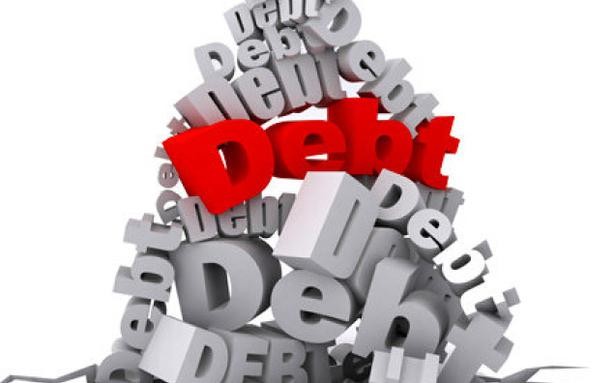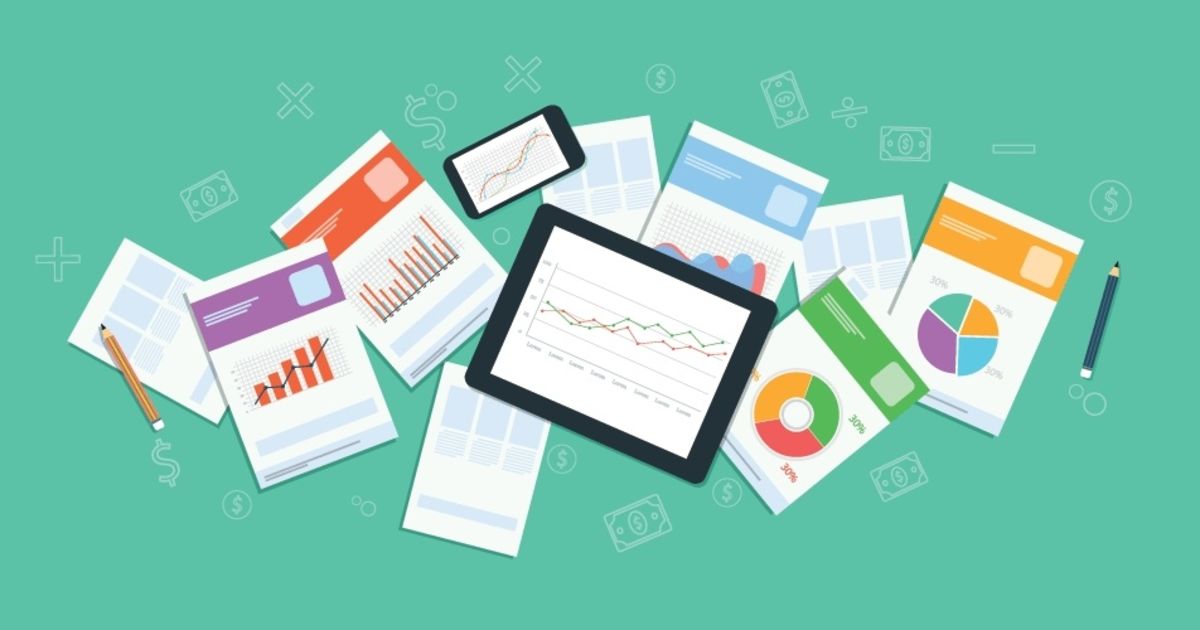Managing debt effectively is crucial for maintaining financial health and avoiding long-term financial burdens. Whether you’re dealing with credit card balances, loans, or mortgages, implementing the right strategies can help you reduce and eventually eliminate debt. Here are seven essential strategies to help you manage your debt effectively and regain control over your finances.
7 Strategies for Effective Debt Management
Debt management is not only about paying off your balances but also about creating a sustainable plan that prevents future financial issues. Follow these practical tips to effectively manage your debt and improve your financial outlook.
1. Create a Detailed Budget
The first step in managing your debt is understanding where your money is going. A detailed budget helps you track your income, expenses, and debt payments.
How to Create an Effective Budget
- List all sources of income: This includes your salary, freelance work, or side gigs.
- Track all expenses: From rent and utilities to groceries and entertainment, document every expenditure.
- Allocate funds for debt repayment: Ensure you dedicate a portion of your income specifically to paying off debt.
Creating a realistic budget helps you cut unnecessary spending and focus on paying down debt faster.
2. Prioritize High-Interest Debt
Not all debt is created equal. High-interest debt, like credit cards or payday loans, can quickly spiral out of control due to compounding interest.
Focus on High-Interest Balances First
- List your debts by interest rate: Tackle the highest-rate debt first while making minimum payments on others.
- Snowball method: Once the highest interest debt is paid off, move to the next on the list.
This strategy minimizes the amount of interest you pay over time and helps you pay off debt faster.
3. Consolidate Your Debts
Debt consolidation can simplify your payments and potentially lower your interest rates, making it easier to manage multiple debts.
Benefits of Debt Consolidation
- Combine multiple debts into one: This creates a single monthly payment, reducing confusion.
- Lower interest rates: You may be able to secure a lower rate through a consolidation loan or balance transfer card.
- Fixed repayment plan: Consolidation loans often come with a fixed repayment schedule, making budgeting easier.
4. Negotiate With Creditors
If you’re struggling to make payments, don’t hesitate to negotiate with your creditors. Many companies are willing to work with customers to create more manageable payment plans.
How to Negotiate Effectively
- Request lower interest rates: Some creditors will lower rates if you have a good payment history.
- Seek a payment extension: If you’re facing temporary financial difficulties, ask for an extension or forbearance.
Negotiating can relieve financial pressure and help you avoid penalties or collections.
5. Avoid Accumulating New Debt
It’s difficult to pay off existing debt while accumulating new debt. Focus on controlling your spending and avoid taking on additional loans or credit cards.
Tips to Prevent New Debt
- Use cash or debit cards: Instead of relying on credit, use cash or debit for purchases.
- Avoid unnecessary purchases: Cut back on non-essential expenses and impulse buys.
- Freeze your credit cards: If you’re tempted to use them, put your credit cards away until you’re in a better financial position.
6. Use the Debt Snowball or Avalanche Method
Two popular methods for debt repayment are the debt snowball and debt avalanche. Both strategies are highly effective, but they have different approaches.
Snowball Method
- Focus on paying off your smallest debt first while making minimum payments on others.
- Once the smallest debt is paid off, move to the next one.
- This method builds momentum and keeps you motivated.
Avalanche Method
- Focus on paying off the debt with the highest interest rate first.
- Once that’s cleared, move to the debt with the next highest rate.
- This method saves the most money on interest in the long term.
7. Seek Professional Debt Help
If your debt situation is overwhelming, you might benefit from seeking help from a financial advisor or credit counseling service.
Benefits of Professional Debt Assistance
- Debt counseling services: They can provide you with tailored debt management plans and budgeting advice.
- Debt settlement companies: These companies negotiate on your behalf to reduce the total amount of debt owed.
- Bankruptcy as a last resort: In extreme cases, bankruptcy may offer a path to reset your finances, though it comes with long-term consequences.
Conclusion: Take Control of Your Debt
Effective debt management is possible with the right strategies and discipline. By creating a budget, prioritizing high-interest debt, consolidating where necessary, and staying committed to your repayment plan, you can take control of your financial future. If necessary, seek professional help to ensure that you stay on track and avoid falling back into debt.










